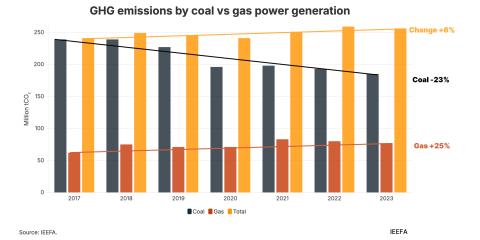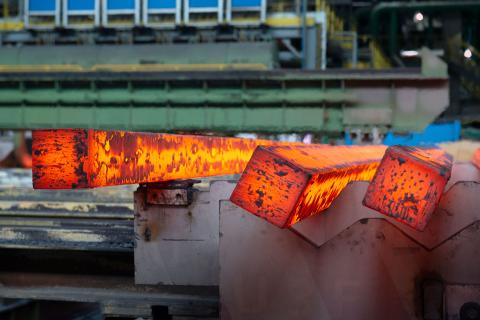The Dutch coal mistake
Download Full Report
Key Findings
After its scheduled plant closures have gone into effect, the Netherlands will have five coalfired power plants beyond 2017 with a combined, net installed capacity of 5,740MW.
Regardless of if or when these plant are retired, the mere prospect of their closing just a year after opening is a vivid demonstration of the extreme risk in building coal-fired power plants today. Such risks are endemic now across economies large and small.
Executive Summary
Coal-fired power generation is vulnerable everywhere to increasingly ambitious initiatives to cut carbon emissions.
This is acutely evident today in the Netherlands, where a recent court ruling and a parliamentary motion supporting tougher actions to avert climate change represent a growing trend.
This report assesses the impact of national pressures and beyond on the value of three new coal-fired power plants put into service in 2015 by the German energy companies RWE and Uniper, and the French energy company Engie.
More broadly, we note the implications from these examples for the business case for new-build coal power in Europe and further afield.
IEEFA's Main Findings:
- New regulatory pressures on coal in the Netherlands are creating headwinds for coal-fired power and increasing the penetration of competing renewables.
- RWE, Uniper and Engie have already taken underpublicized impairments on the new power plants collectively worth billions of euros, underlining the weak investment case for coal newbuild in Europe.
- The value on the utility balance sheets of these new coal-power plants has dropped to about €1 billion or less each, compared with original capital expenditure of about €1.9 million per megawatt, or a total of €3 billion in the case of RWE’s Eemshaven power plant.
- Using a discounted cash flow (DCF) model, and applying very generous assumptions to coal power, we see a net present value (NPV) in the range of €400 million, for a comparative 1,100MW power plant.
- The discrepancy between our DCF valuation and the assessed book values of these three coal plants suggests that RWE, Uniper and Engie will have to take another, thorough look at their valuations.
- Given European political and power market trends, we see even lower future valuations for the three plants examined.
Press release: IEEFA Europe: Zeebrugge terminal serves as hub for transport of Russian gas to non-European markets
Please view full report PDF for references and sources.















